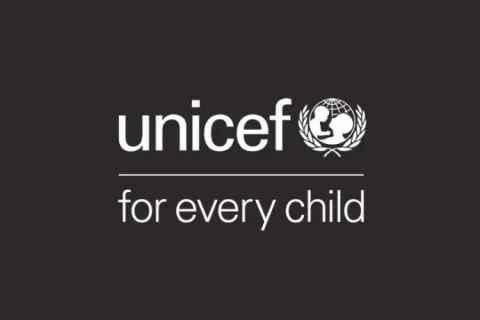Education pathways in Roma settlements: Understanding inequality in education and learning
Findings from MICS6 in Kosovo*, Montenegro, North Macedonia and Serbia

Highlights
Empowering Roma children through inclusive, quality education is a key agenda for international communities to promote equity and social inclusion. However, Roma are not a homogeneous group—they differ in socio-economic situations and thus have different educational experiences and outcomes. Using household data from the sixth round of Multiple Indicator Cluster Surveys (MICS) in Kosovo, Montenegro, North Macedonia and Serbia, UNICEF examined the educational situations and outcomes of different groups of children in Roma settlements and analysed how family and demographic factors are associated with their school attendance and foundational skills development. The results inform the importance of identifying the most marginalized children in Roma settlements and addressing structural barriers they face to achieve inclusive education and quality learning.
*All references to Kosovo in this report should be understood to be in the context of United Nations Security Council Resolution 1244 (1999).



